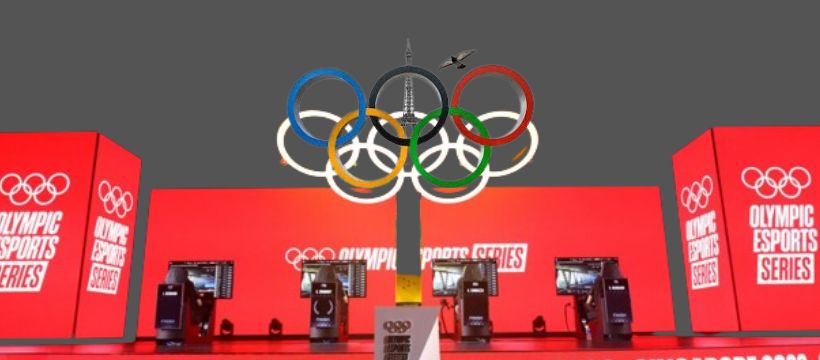PARIS — Before the gold medal was draped around his neck, Steve Serio gathered his teammates for one last huddle. After leading them to a 73-69 victory over Britain, securing the United States' third consecutive Paralympic gold in men’s wheelchair basketball, Serio knew their triumph — and his career — wasn’t complete until he expressed his gratitude. As they leaned in on their chairs, surrounded by a sea of American flags waving in the stands, Serio thanked them for their sacrifices, hard work, and for providing him with an unforgettable retirement gift.
The moment Serio first discovered wheelchair basketball in a New York gym at the age of 15 remains the most pivotal of his life. On Saturday night, in his final Paralympic game, he scored 24 points, grabbed 10 rebounds, and delivered eight assists, performing before a lively crowd of nearly 13,000 fans that showcased how far the sport has come on the Paralympic stage.
By the time he received his gold medal at Bercy Arena, it was exactly midnight in Paris on his 36th birthday, and Serio was prepared to pass the torch to the next generation.
“You view this game and experience differently when you know it’s your last one,” Serio said. “I can't imagine a better way to end it.”
The United States became the first team to win three consecutive gold medals in wheelchair basketball, a sport that has grown into one of the world's most popular para sports. Developed by soldiers injured in World War II, it was among the original eight sports at the first Paralympics in Rome in 1960, and now hundreds of thousands of people play it in over 100 countries.
While wheelchair basketball's rules closely mirror those of standing basketball, the main distinction is dribbling: players must pass or bounce the ball after two pushes of their wheels to avoid a traveling violation, due to their impairments affecting motor function.
The sport has gained traction in the U.S., partly due to a robust collegiate scene at schools like Illinois, where Serio competed, and Wisconsin-Whitewater, where half of Team USA’s roster played. Many players continue their careers professionally in Europe, and global competition has grown fiercer. Stakeholders see a chance for further growth in the U.S., especially with wheelchair basketball slated to be featured at the 2028 Games in Los Angeles.

.jpg)
.jpg)